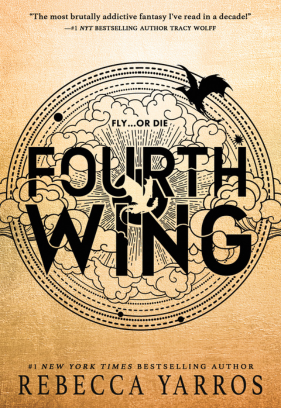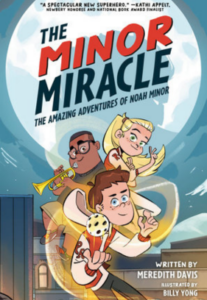The odds have always been stacked against Violet Sorrengail.
First, her mother—General Sorrengail—forced her into the dragon-riding Riders Quadrant because she believes that it’s the only respectable quadrant in all of Navarre. It’s also the only quadrant where less than half of its first years survive to graduation.
And while some of those deaths come from the rigorous and dangerous training intentionally designed to weed out the weaklings, many more fatalities can be attributed to the dragons themselves, who hate said weaklings more than the Quadrant does. They won’t hesitate to fry a recruit the moment they sense cortisol levels rising—and bonding with one such beast is a requirement to graduate.
Oh, and let’s not forget about the impact of the Tyrrish Rebellion. See, six years ago, the Navarrian province of Tyrrendor attempted to secede from the country in order to side with Poromiel, Navarre’s enemy. And while Navarre successfully put down the rebellion and executed its leaders, the country allowed the children of those leaders to remain—provided they join the Riders Quadrant.
And, well, let’s just say that there are quite a few of them who wouldn’t mind gutting the daughter of General Sorrengail, not the least of whom is Xaden Riorson, whose father was personally executed by Violet’s mother.
Oh, and Violet is already shorter and scrawnier than the average 18-year-old, let alone the average Rider. Sure, let’s tack that on, too.
Yep, the outlook doesn’t look good for Violet at all.
At least, that’s what everyone else keeps saying—even as Violet somehow manages to survive everything that’s thrown at her.











